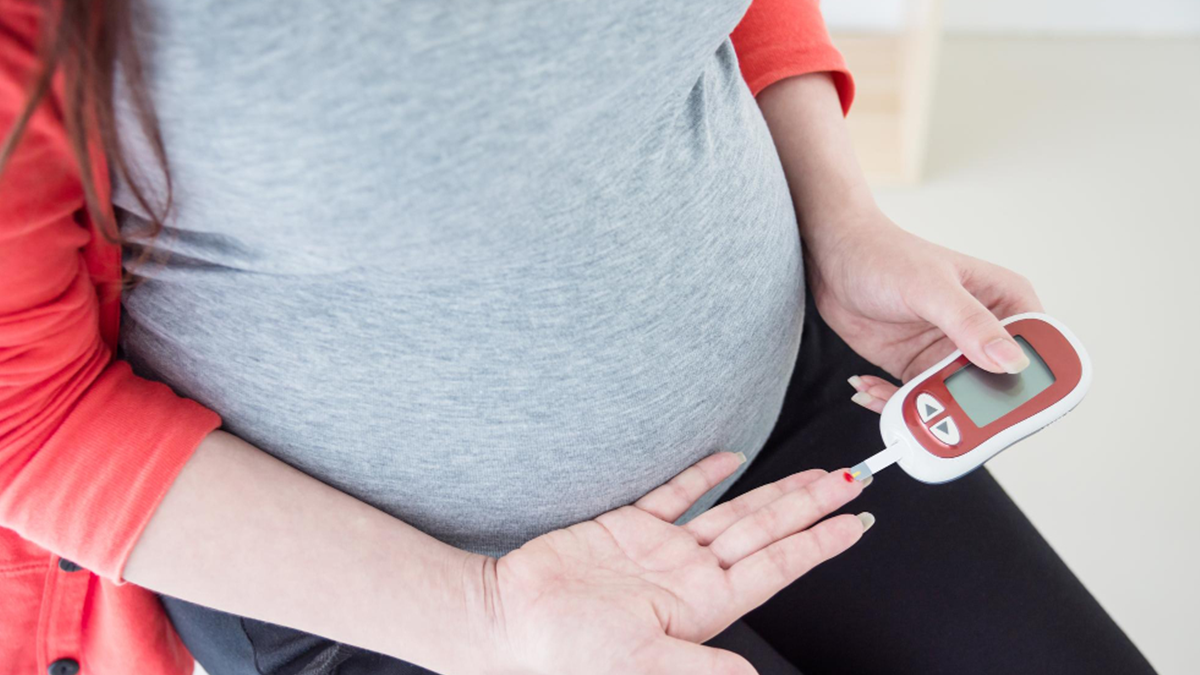

According to the updated National Family Health Survey data, the prevalence of Gestational Diabetes Mellitus, a type of diabetes diagnosed in pregnant women, showed an increase from 0.53% in 2016 to 0.80% in 2020. Although this figure is not significantly alarming, the impact of gestational diabetes on the baby and mother cannot be ignored. Therefore, it is necessary to curb or prevent the onset of GDM during the initial stages of pregnancy to protect the mother and baby.
Before we learn measures to reduce the risks of gestational diabetes, including pregnancy complications due to diabetes, it is important to understand what GDM is and the health repercussions and the impact of gestational diabetes on baby and mother.
Pregnancy is generally a state of both enhanced beta-cell function and insulin resistance, mediated primarily by placental secretion of diabetogenic hormones including growth hormone, corticotropin-releasing hormone, placental lactogen (chorionic somatomammotropin), prolactin, and progesterone. These and other metabolic changes, which are most prominent in the third trimester, ensure that the fetus has an ample supply of nutrients.
Gestational diabetes mellitus (GDM) develops in pregnant people whose pancreatic beta-cell function is insufficient to overcome the insulin resistance associated with the pregnant state.
Pregnancy complications due to diabetes can cause certain health risks for the mother, including high blood pressure or preeclampsia, higher chances of cesarean section delivery, miscarriage, polyhydramnios or excessive amniotic fluid around the baby, and also excessive bleeding after delivery.

If not controlled, Gestational Diabetes Mellitus can adversely affect your baby’s health. GDM can cause several health conditions, including:
Mothers diagnosed with gestational diabetes are at a higher risk of developing Type 2 diabetes at a later stage. Further, GDM is linked to a higher risk of cardiovascular diseases, hypertension, and metabolic syndrome, that is, diseases such as obesity, insulin resistance, and high blood pressure.
Infants born to mothers with GDM are more likely to face long-term health issues, such as obesity and an increased risk of Type 2 diabetes. Also, babies exposed to high glucose while in the womb can be more prone to metabolic issues later in life.
If you are diagnosed with GDM, follow your gynecologist’s advice to keep your glucose levels under control. Your gynecologist or pregnancy nutritionist will provide you with a diet plan to help you manage your blood glucose levels. Also, your doctor may prescribe pregnancy-safe medications to keep your GDM in check.
Further, it is advisable to have regular blood pressure and glucose levels checked throughout your life because you are at a higher risk of developing Type 2 diabetes later.
Schedule your appointment at Kinder Women’s Hospital and Fertility Centre, the best mother and child hospital in Bangalore. Our team of gynecologists and health care professionals ensure the best possible health care for complex pregnancies and deliveries. As one of the best maternity hospitals in Whitefield, Bangalore, we have state-of-the-art infrastructure and facilities to support women and children, ensuring their health and overall well-being. Visit us today.